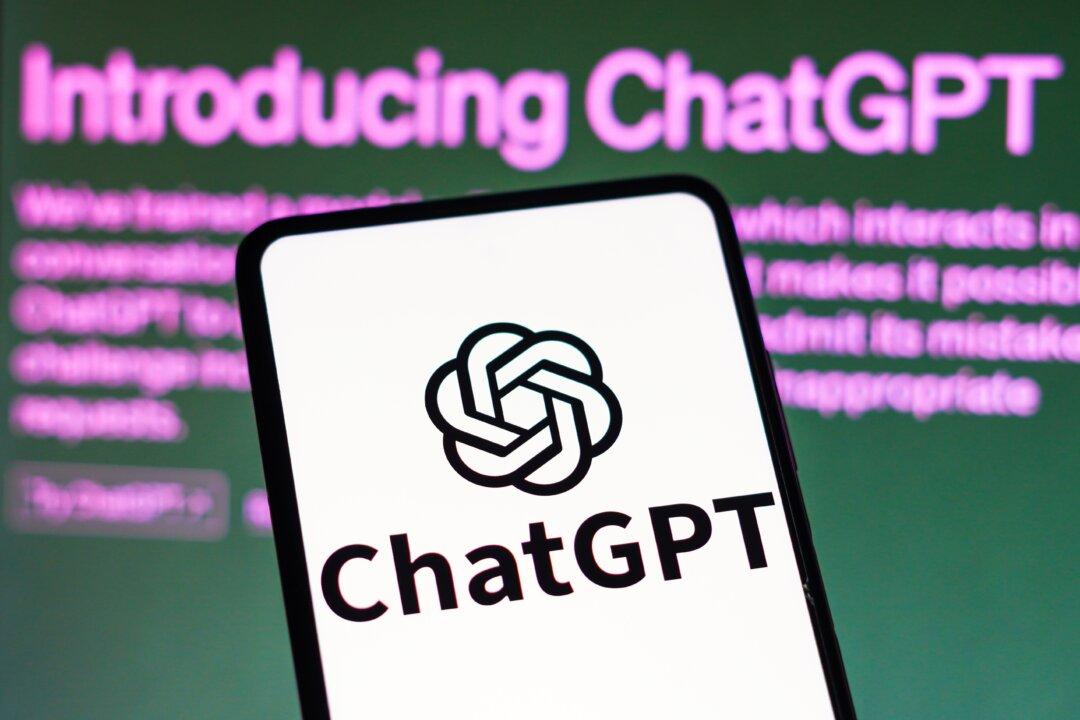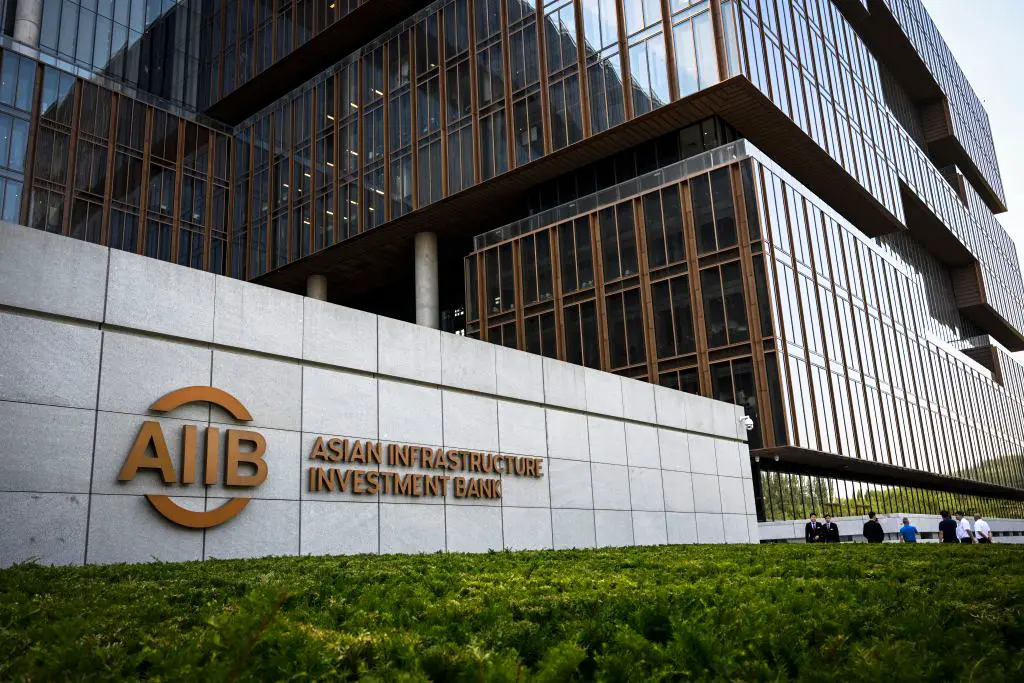Commentary
Unlike earlier waves of artificial intelligence (AI), where robots and other forms of automation eliminated blue-collar and other physical work, AI innovations such as ChatGPT will target better-paid occupations involving “non-routine, cognitive tasks,” according to the “OECD Employment Outlook 2023: Artificial Intelligence and the Labour Market.”






